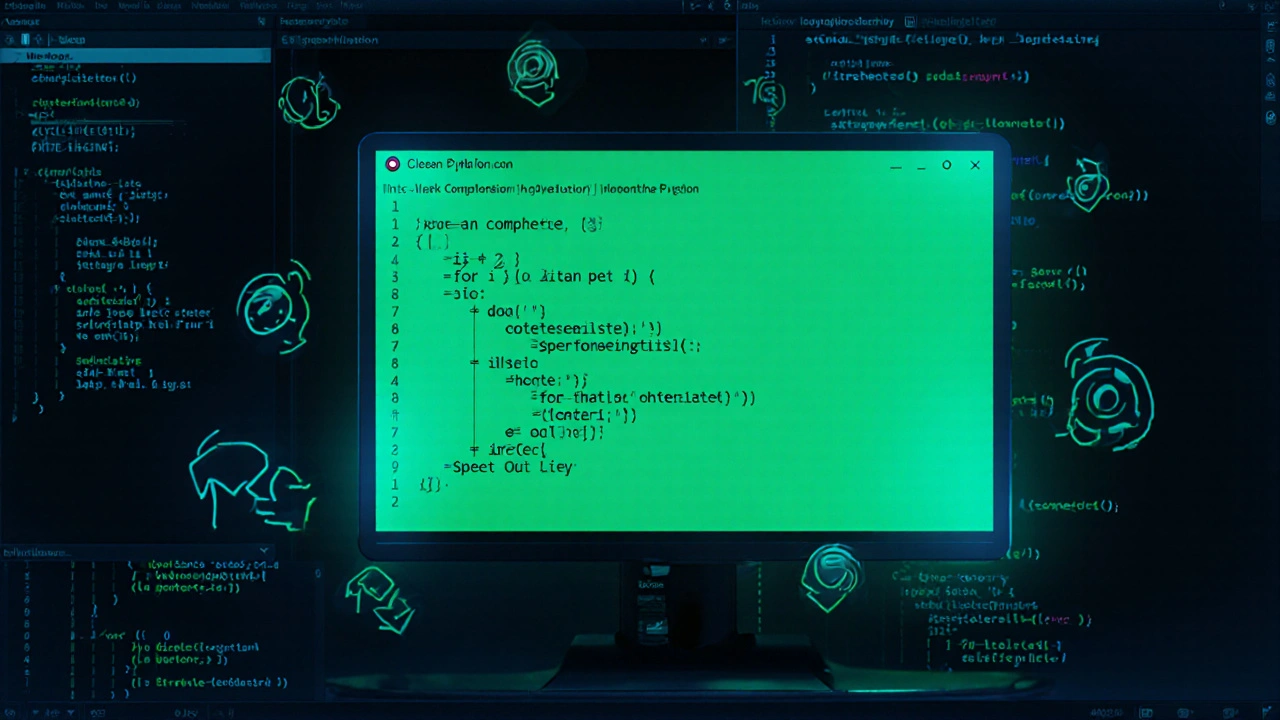Efficient Python: Write Faster, Cleaner Code with Proven Techniques
When you write efficient Python, code that runs faster, uses less memory, and is easier to read and maintain. Also known as clean Python, it’s not about writing less code—it’s about writing smarter code that gets the job done without unnecessary clutter. Whether you’re building an AI model, automating a boring task, or scaling a web app, inefficient Python slows you down. It eats up CPU time, crashes on large datasets, and becomes a nightmare to debug. The good news? You don’t need to be a guru to fix it. Real developers use simple, repeatable tricks to make their Python code run like a well-oiled machine.
One key part of efficient Python, is understanding how Python handles data structures. For example, using a set instead of a list for membership tests can cut lookup time from seconds to milliseconds. Or using list comprehensions instead of loops? That’s not just style—it’s speed. Then there’s Python tricks, like unpacking variables, using walrus operators, and leveraging built-in functions like map() and filter(). These aren’t party tricks—they’re tools that eliminate five lines of code and reduce bugs by half. And when you tie that to Python coding tips, like avoiding global variables, using context managers for file handling, or pre-compiling regex patterns, you’re no longer guessing what’s slow—you’re fixing it before it becomes a problem.
Efficient Python isn’t just about performance. It’s about clarity. Code that’s easy to read is code that’s easy to fix, share, and scale. That’s why professionals prioritize readability over cleverness. They use consistent naming, break complex logic into small functions, and write docstrings that explain the "why," not just the "what." When you combine clean structure with smart performance tricks, you get code that doesn’t just run fast—it lasts. And in a world where AI tools and automation are built on Python, being efficient isn’t optional. It’s how you stay ahead.
Below, you’ll find real-world guides from developers who’ve cracked the code on Python efficiency. From memory-saving hacks for data science to one-liners that replace entire loops, these posts show you exactly what works—no fluff, no theory, just actionable steps you can use tomorrow.

Boost Your Productivity with These Python Tricks
Learn practical Python tricks that boost productivity, reduce code bloat, and speed up execution. From list comprehensions to pathlib and lru_cache, these real-world tips save time and prevent common mistakes.